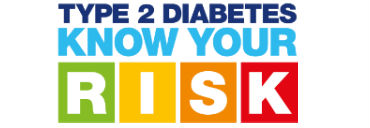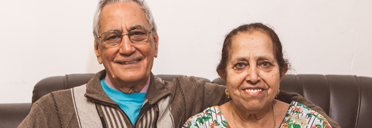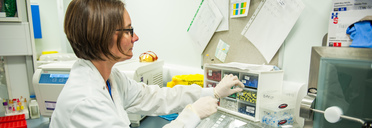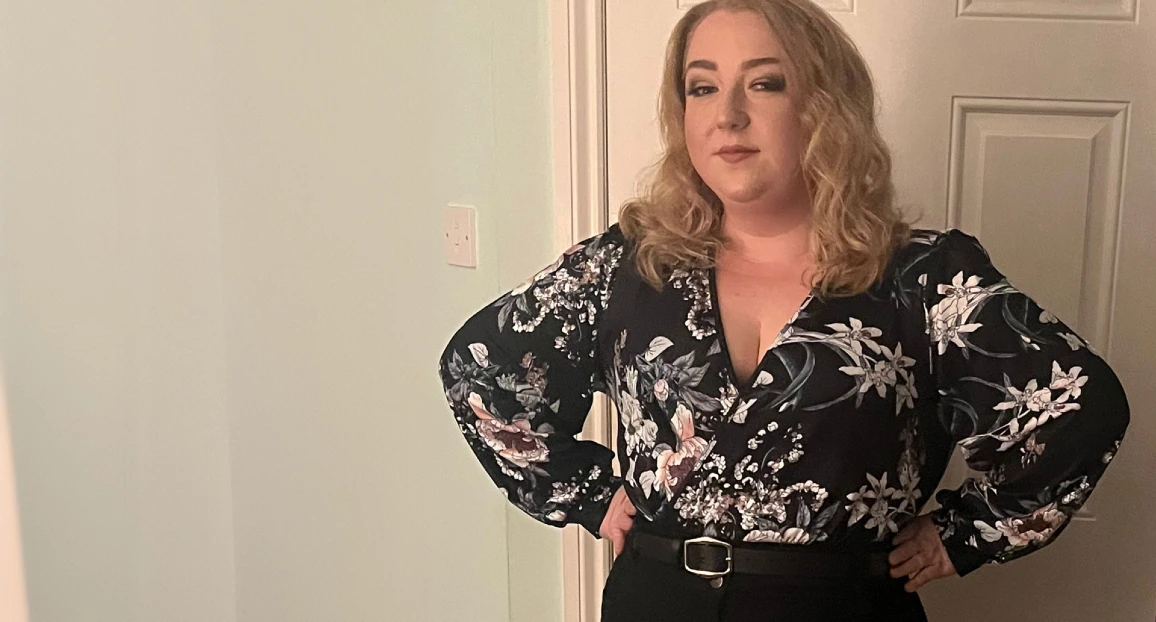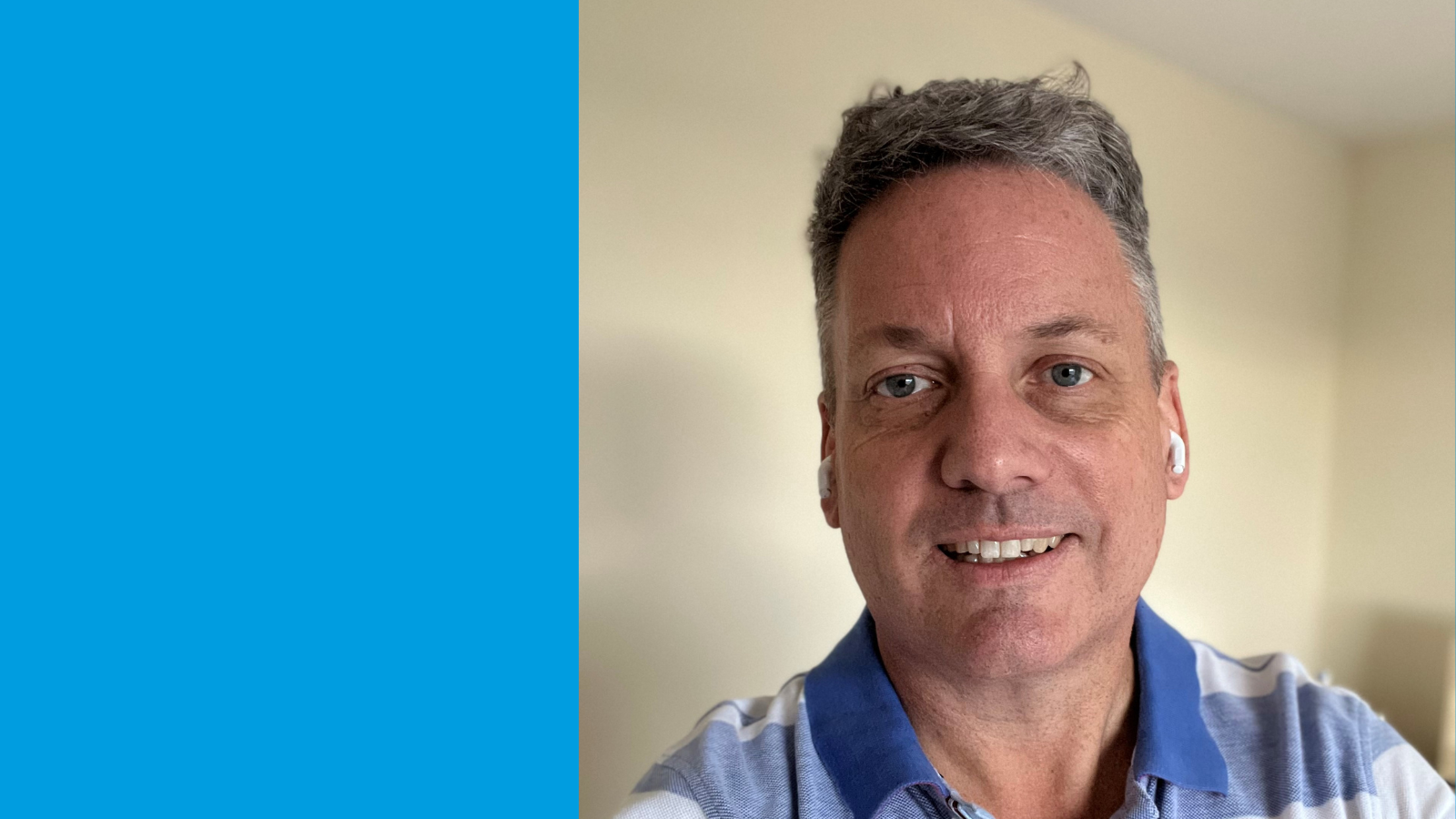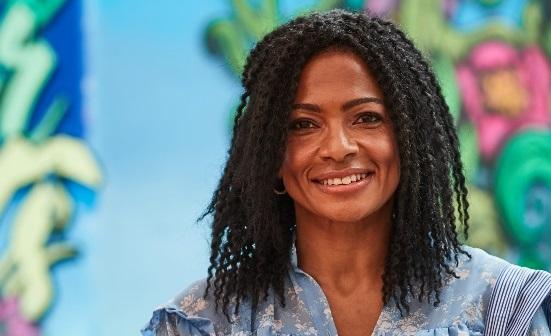
Sandra Ewers
Diagnosed in 2017.
Since my diagnosis, I’ve lost 2.5 stone and my HbA1c is now in the healthy range, so my type 2 diabetes is in remission.
Despite a strong family history of type 2 diabetes, Sandra didn’t pay attention to her own risk of developing the condition until it was too late. After losing 2.5 stone she has now put her diabetes into remission.
